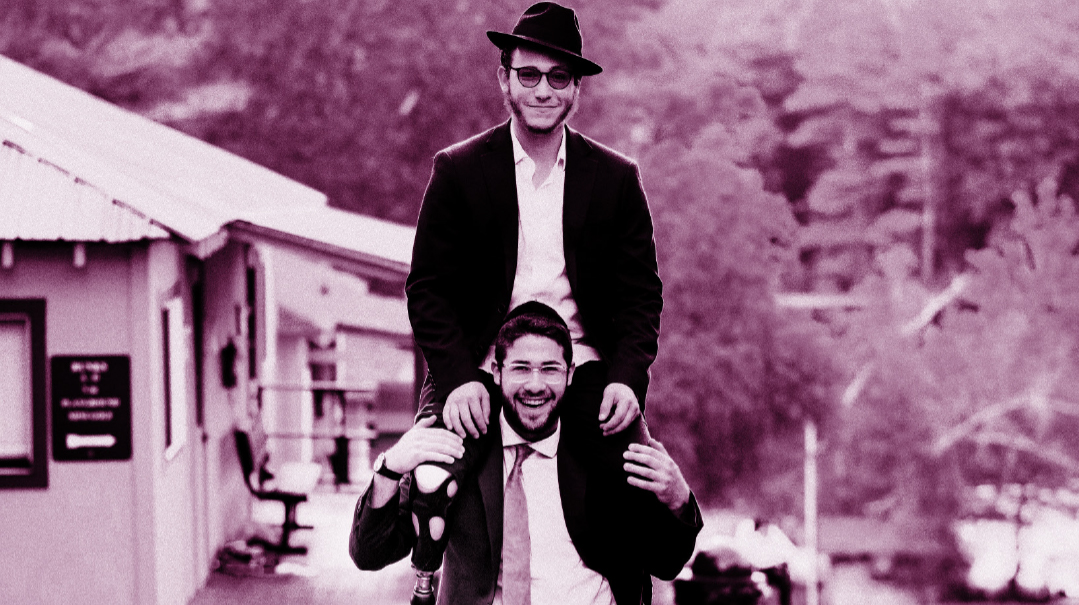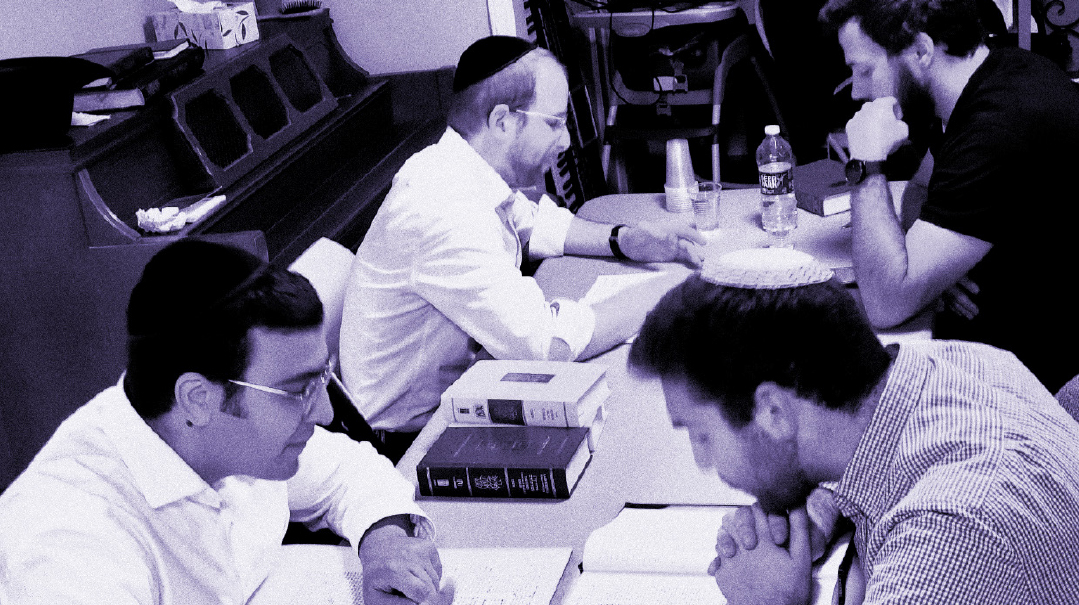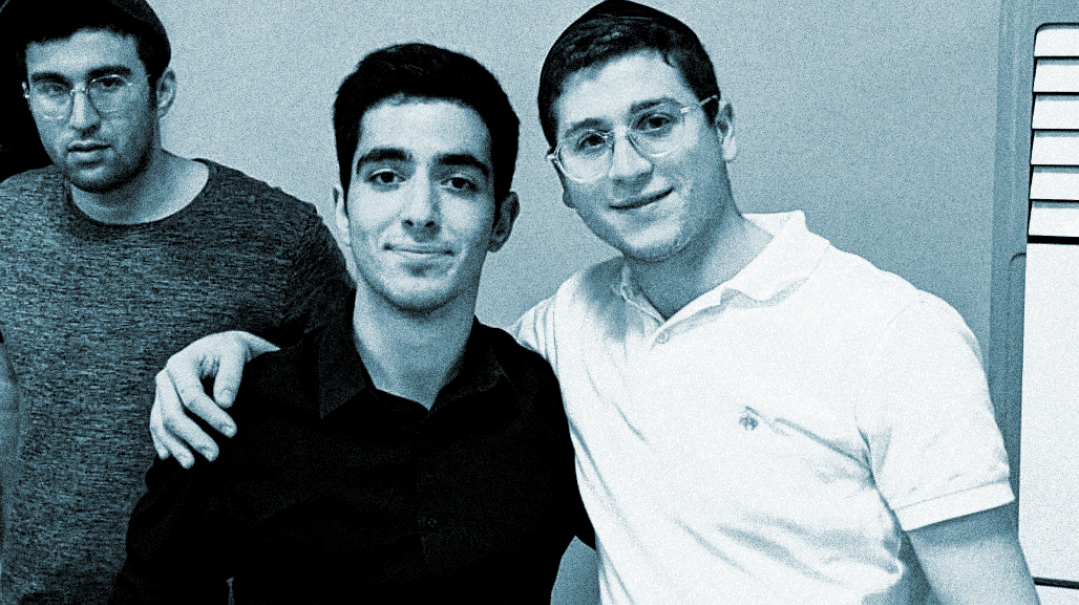The Higher Part of You
| August 24, 2021"To see how 'I' and 'me' are just ways to say ‘us' and 'we'; to expand yourself to include others"

As told to Yosef Herz
There’s a certain thrill in planning the “best summer ever,” whether that means an adventurous cross-country road trip, having a blast in camp as one of the cool staffers, or some exotic vacation destination. But sometimes the greatest opportunities are the ones that aren’t even about you. What happens when you spend your summer in the service of others?
Zevi Traub, 23, Baltimore, Maryland
Summer spent in: Glen Spey, New York
“We learn to look beyond the surface. The one with the head going bald from chemotherapy is a person with a neshamah”
In 2015, I was recruited by the then new Chai Lifeline Mid-Atlantic office to join the “Super Sibs” Big Brother program. I was paired up with a young, sweet boy who was born with a chronic illness. I would go to the boy’s house once a week, and take him out to places where we would have fun, hang out, and chat about brighter days. We went to Camp Simcha together, and spent a year of Sundays bonding — trying to give him some moments of joy in a world that seemed to be closing in on him. The following summer, Chai Lifeline offered me to come up to Camp Simcha as a counselor for another chronically ill boy. That summer turned into two, which was followed by a third, then a fourth and a fifth. Today, I have merited, baruch Hashem, to be part of the Camp Simcha experience for a total of six summers.
To be sure, the atmosphere at Camp Simcha is energetic, upbeat, and fun. But ask most staff members why they head back year after year, and they’ll let you in on a little secret: It isn’t the lush grounds, incredible food, custom swag, free vending machines, or the pristine lake — complete with speedboats and all — that keep them coming back. It’s the opportunity the summer provides us to be something bigger than ourselves, surrounded by others who are growing in the same way. To see how “I” and “me” are just ways to say “‘us” and “we”; to expand yourself to include others, taking “me” out of the focus of the bigger picture.
And they’ll do whatever it takes to achieve that. I once saw a waiter carrying steaming bowls of soup, and on the way to the tables, he noticed a boy, wired up with breathing tubes who looked like he could use a little cheer. The waiter safely put down the soup and broke out into a dance, his arms and legs flying all over, until the shocked boy finally flashed him a wide smile.
And we learn to look beyond the surface. The one with the head going bald from chemotherapy is a person with a neshamah, and inside a physically challenged body, sitting in a wheelchair, is a Yid who just wants to taste the sweetness of friendship, to enjoy the sound of laughter and to feel the joy of love. While we focus on the campers, it isn’t long before the external differences among the staff, too, melt away. The different size yarmulkes, a rainbow of shirt colors, dress-code choices, and nuances of a particular hashkafah or culture blend into one unified group — coming together and seeing each other as Hashem sees us, all His children who want to follow His ways.
As yeshivah bochurim, we’re focused throughout the year almost exclusively on Torah learning, and developing within the yeshivah structure in order to become bnei Torah. During the zeman, we have less time to access and develop other facets of avodas Hashem. The summers afford us opportunities to emulate Hashem by engaging in chesed in a very deep and real way — because anytime a person emulates Hashem, he is accessing a higher part of himself. It’s energizing, exhilarating, and surprisingly, it’s addictive. It’s why six summers at Camp Simcha and the lifelong relationships built there are a primer for life ahead — of achrayus and of being there for others.
(Originally featured in Mishpacha, Issue 875)
Oops! We could not locate your form.


